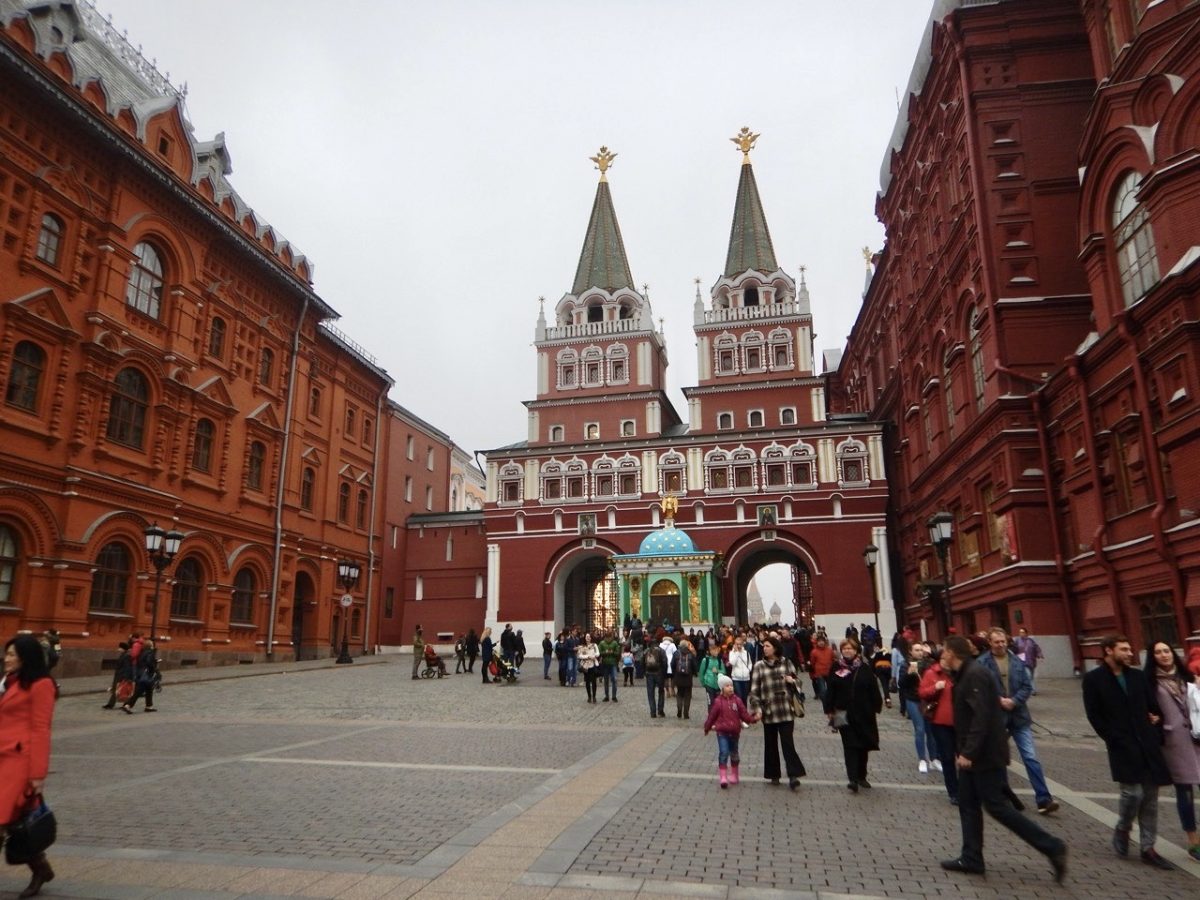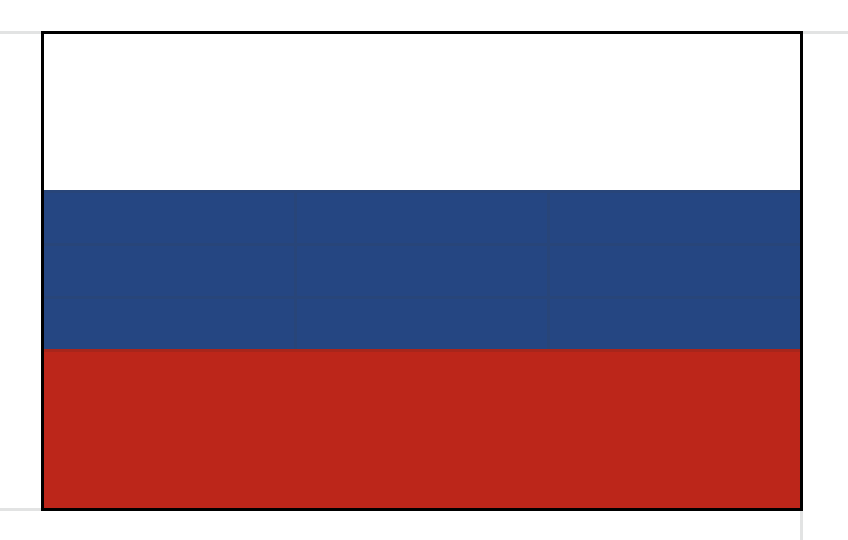Until 1991 the Russian language was spoken throughout the USSR. Russian was the official language of the fifteen member states of the Soviet Union. Today, Russian has lost its influence in this part of the world, but it is still an unavoidable “Eurasian” language.
What are the Russian-speaking countries?
Russian is spoken by more than 280 million people. It is one of the most widely spoken languages in the world.
Countries with Russian as an official language
1. Belarus
This country of 207,000 square kilometers with a population of 9.5 million has two official languages. So we have Russian and Belarusian which are used indifferently by the Belarusians.
2. Kazakhstan
As for Belarus, Kazakhstan has two official languages which are Kazakh and Russian. This large Central Asian country of 19 million inhabitants is therefore one of the countries where Russian is spoken.
3. Kyrgyzstan
This country of about six million inhabitants is one of the countries where Russian is the official language. Like Belarus and Kazakhstan, this country has two official languages. The national language coexists with the language of the former political union.
4. Russia

Contrary to what one might imagine, the Russian language does not originate from Russia but from Ukraine. Indeed, this language is a derivative of Slavonic which is a very old Slavic language. And historically it is Kiev and not Moscow that is the cradle of the Slavic civilization. It is from the end of the first millennium and the appearance of the first monarch in Vladimir that the idea of the Russian nation appears.
The list of countries where Russian is spoken
Although Russian is not an official language in the following list of countries, it is possible to meet minorities who speak Russian.
5. Ukraine, a large Russian-speaking country
Although Ukrainian is the official language of the country, Russian is widely spoken (in Kyiv and in the east of the country).
6. Surprising Germany, a country where Russian is spoken a little
East Germany (ex-GDR) was until 1990 one of the states of the Soviet Union. As such, Russian was taught and widely used throughout the country. The Russian occupation of the former GDR therefore partly explains how the Russian language came to be used in Germany. The second act was the remigration of the children and grandchildren of Germans who had left or had been sent to “sister countries”. A program of assistance to the return was thus set up and many Russians (direct descendants of Germans) returned to their country.
According to the Ministry of Foreign Affairs of the Russian Federation, there are about 3.5 million Russian speakers in Germany. Russians of Russian origin (or ethnic Russians) number more than 1.2 million. Germans from Russia number about two million. Russian Jews living in Germany numbered a little more than 220,000.
It should be noted that other nationals of CIS countries also live in Germany and they undoubtedly increase the number of Russian speakers in the country. (Kazakhs, Ukrainians, Balts…).
7. Estonia
Russian speakers are estimated at about 30% of the Estonian population. But in the north of the country in Narva, one of the largest cities in Estonia, there are nearly 92% of Russian speakers.
8. Lithuania
The Russian population is estimated at 5% to 8%. Russian speakers are concentrated mainly on the Belarusian border. It should be noted that there are also some Polish minorities in the southeast of the country. However, until 1991 Russian was an official administrative language and therefore the number of speakers is slightly higher.
9. Latvia
This country, which unlike Lithuania has a border with Russia, has a fairly large number of Russian speakers. It is estimated that more than a third of the population speaks Russian, i.e. about 800,000 people.
